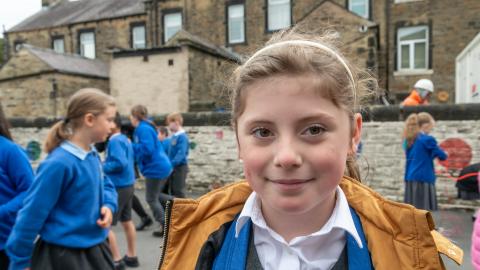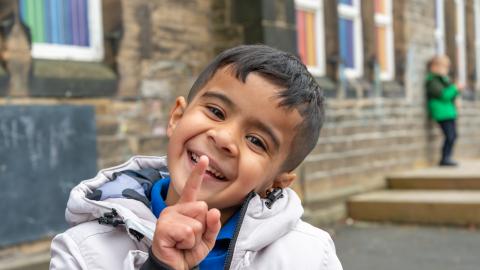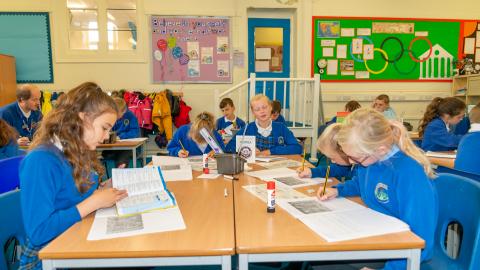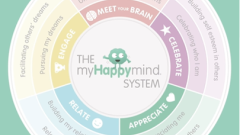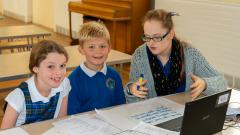We want to ensure that by the time our children leave Christ Church School they will have the knowledge and skills they need to manage their academic, personal and social lives in a positive way. Our PSHE curriculum is designed to support this by helping children to recognise and maintain healthy, respectful relationships, as well as supporting children to develop an essential understanding of how to keep themselves safe and healthy.
It is taught through 6 themes that run throughout the school:

Online and offline
As today’s children and young people are growing up with a whole range of new technologies, children are spending increasing amounts of time in the online world. We want children to experience all the benefits of the internet, whilst gaining an understanding of the risks and what they can do to keep themselves safe. Online safety is threaded through both our PSHE and computing curriculums.
Relationships Education
Relationships education at Christ Church School aims to support children to understand the key building blocks of healthy, respectful relationships, focusing on family and friendships, in all contexts, including online. This includes how to be a good friend, how to recognise healthy, supportive friendships as well as recognising characteristics of friendships that may be unhealthy. Children will learn about different families and the characteristics of a stable and caring family life. They will also learn about permission, consent and mutual respect as some of the ways they can keep themselves and other safe, both on and offline. Relationships education is always taught sensitively and inclusively, with respect to the backgrounds and beliefs of pupils and parents, whilst ensuring children have the knowledge they need of the law.
Physical Health and Mental Wellbeing
We want children to acquire strategies and skills that support their mental wellbeing that they can use throughout their lifetime. Not only is children’s happiness a priority, both for our school and for parents, we also know that children learn best when they are feeling safe and calm. Learning about mental wellbeing is central to this, including understanding the positive and negative impact that the online world may have on mental health. We want our children know how to keep themselves physically healthy, building on work they have done in science, DT and PE to understand the importance of healthy eating and having an active lifestyle. This is particularly important in the modern age, where fast food is easily available and people are spending more time on sedentary tasks such as being online. Children will also learn about their bodies and some of the physical and emotional changes they may experience as they go through puberty and towards adulthood. This is taught using PSHE Association approved resources that use age appropriate language and explanations. It is so important that children are given correct, factual information about this, especially in today’s world where so much contradictory information is available online. We want children to properly understand and feel comfortable to talk about what is happening to their bodies so that they can get support for this if they need it.
SEND
We know that some pupils are more vulnerable to exploitation, bullying and other issues due to the nature of their SEND. It is important that all children are able to access and understand the content of PSHE lessons. This is supported by the use of a range of teaching strategies, including discussion, video and pictorial resources. Teachers ensure that the level of language used in lessons is appropriate and accessible to all children. Some children may require further resources such as vocabulary mats, additional adults or additional small group sessions.

